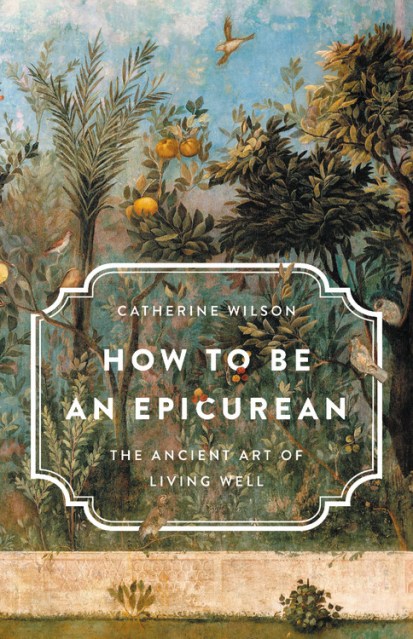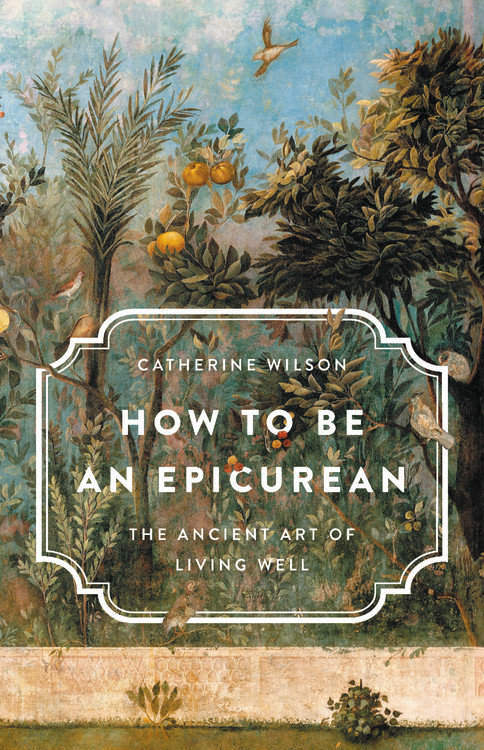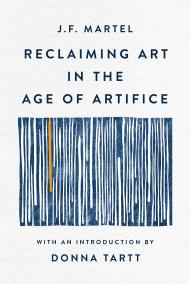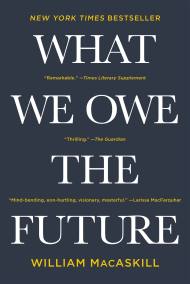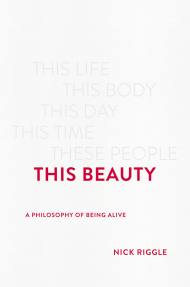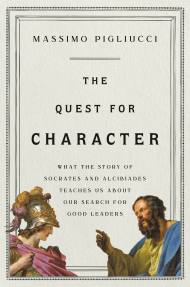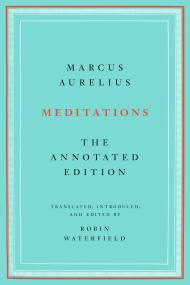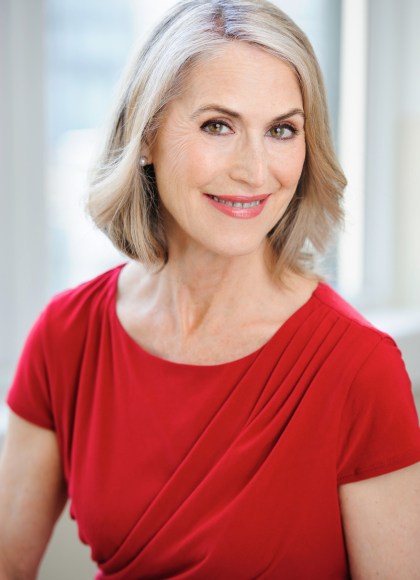By clicking “Accept,” you agree to the use of cookies and similar technologies on your device as set forth in our Cookie Policy and our Privacy Policy. Please note that certain cookies are essential for this website to function properly and do not require user consent to be deployed.
How to Be an Epicurean
The Ancient Art of Living Well
Contributors
Formats and Prices
- On Sale
- Sep 24, 2019
- Page Count
- 304 pages
- Publisher
- Basic Books
- ISBN-13
- 9781541672635
Price
$30.00Price
$38.00 CADFormat
Format:
- Hardcover $30.00 $38.00 CAD
- ebook $17.99 $22.99 CAD
- Audiobook Download (Unabridged)
This item is a preorder. Your payment method will be charged immediately, and the product is expected to ship on or around September 24, 2019. This date is subject to change due to shipping delays beyond our control.
Buy from Other Retailers:
A leading philosopher shows that if the pursuit of happiness is the question, Epicureanism is the answer
Epicureanism has a reputation problem, bringing to mind gluttons with gout or an admonition to eat, drink, and be merry. In How to Be an Epicurean, philosopher Catherine Wilson shows that Epicureanism isn’t an excuse for having a good time: it’s a means to live a good life. Although modern conveniences and scientific progress have significantly improved our quality of life, many of the problems faced by ancient Greeks — love, money, family, politics — remain with us in new forms. To overcome these obstacles, the Epicureans adopted a philosophy that promoted reason, respect for the natural world, and reverence for our fellow humans. By applying this ancient wisdom to a range of modern problems, from self-care routines and romantic entanglements to issues of public policy and social justice, Wilson shows us how we can all fill our lives with purpose and pleasure.
-
"An excellent debut... General readers interested in how the ancient Greeks viewed the good life will take great pleasure in Wilson's entertaining guide to Epicureanism for modern times."Publishers Weekly
-
"Wilson] guides readers through what can seem a very contemporary philosophy valuing rational thought, physical evidence, non-self-interested justice, and human free will.... This is a valuable introduction to a very influential philosophy."Booklist
-
"A universe made only of atoms and empty space? No life after death? Carefree gods indifferent to mortals? Freedom from anxiety the highest good? These were basic themes in ancient Epicureanism, and Catherine Wilson shows eloquently how this ancient and most humane philosophy, when creatively interpreted and applied, can help us to live well in the world today. Even if this book does not make an Epicurean of you, it will teach you to appreciate and admire Epicurus's wisdom and his relevance for our times."David Konstan, professor of classics, New York University
-
"So glad to see our Epicurean cousins back in the game! This is a new golden age of practical philosophy!"MassimoPigliucci, author of How to Be a Stoic
-
"Catherine Wilson's book achieves something rare intellectually, the steep task its author explicitly sets for herself: it carves out an accessible explication of an idea, Epicureanism, to give readers more genuine, immediate agency over their lives. But this isn't a book for Epicureans, or only for Epicureans. It's a book for anyone who wants to use careful thought to make better considered, happier choices."MatthewWolfson, journalist
-
"intelligent and readable"The Economist
-
A spirited tour and defense of Epicurean philosophy . . .City Journal
-
Wilson's command of her subject is unquestioned... All in all, she is an admirable guide along the Epicurean path.The Post and Courier
Newsletter Signup
By clicking ‘Sign Up,’ I acknowledge that I have read and agree to Hachette Book Group’s Privacy Policy and Terms of Use
